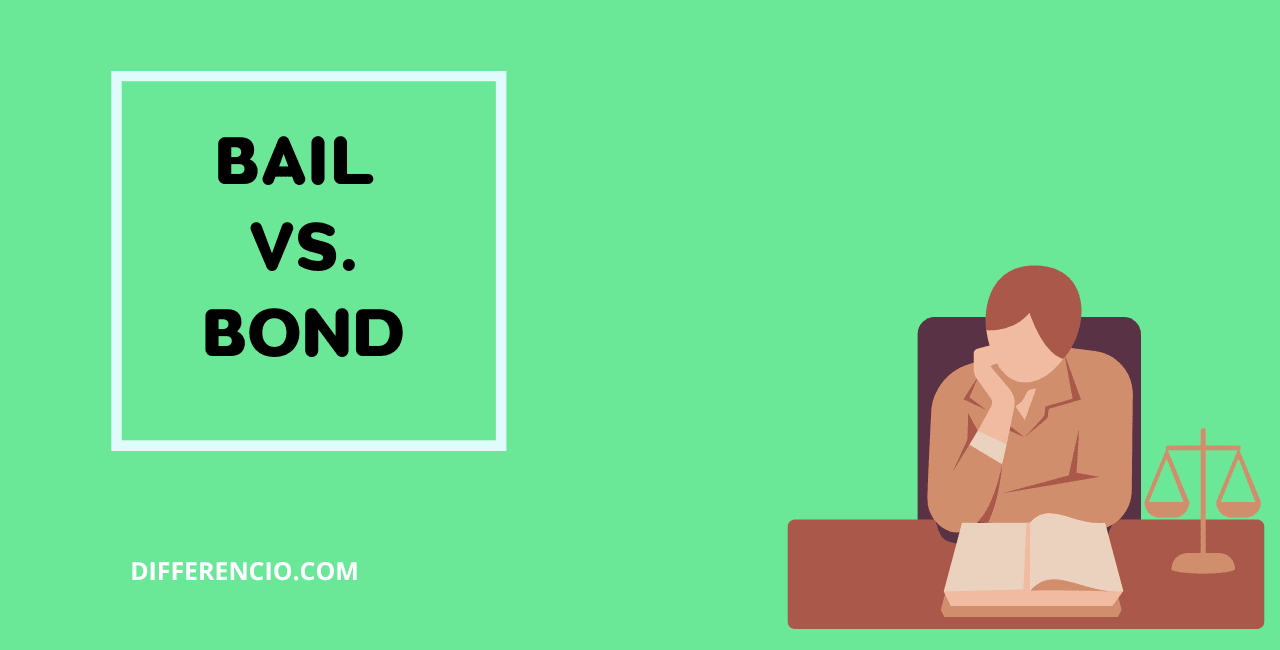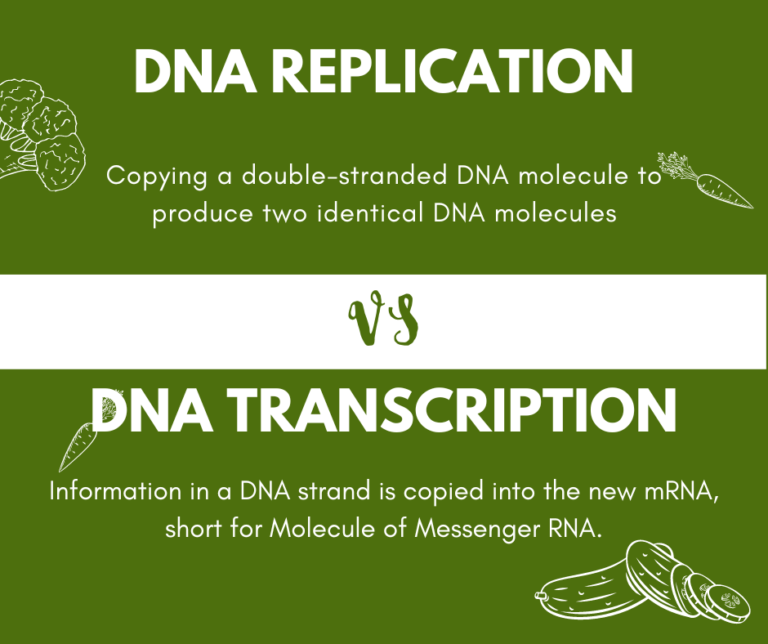Whether you are pretty knowledgeable about the whole legal system, you may have come across these two standard terms, “Bail and Bond,” in your day-to-day life. While they may sound similar to some people, they have significant differences. Hence, most people use these terms interchangeably when they should not, especially regarding legality.
A bail comprises a monetary value that a person pays to get released from jail until the trials. Contrarily, a bond is a mode of transaction done by the charged person to raise enough bail money in events when they lack funds to pay by themselves.
What is Bail?
When the police arrest a person, they have to report to the court of law for the final judgment. The judge gives an option of bail to the accused, who still has a pending trial. In most cases, the judge may declare a monetary sanction to offer the defendant a temporary discharge from the jail if the judge is confident that the defendant will report for the trial.
If the judge fears or doubts that the accused is too dangerous to release outside (in case of a severe and grave offense), they may not grant bail to the accused. In such events, the accused have to stay in jail for a longer time without any possibility of bail.
The accused can claim the return of the bail cash after they participate in the entire course of the hearing. Whether the defendant wins or loses, they can still claim the bail refund. Therefore, bail is considered a form of secure payment.
If the defendant doesn’t show up or attend the trials, then the court can keep the bail money, forfeiting any rights of the defendant to claim them back in the future. Plus, the court will sanction an additional offense due to failure to report to the court.
What is Bond?
When the court grants a bail amount, but the accused doesn’t have enough funds to pay it, they can go to a bond agent (bondsmen or intermediator party). A bond agent will take care of the monetary obligation of the bail provided the defendant sign a contract promising to participate in the court’s trial. However, the defendant must pay additional interest, including the borrowed amount.
In most cases, the bond agent will ask for some collateral from the defendant to lend them the money. Suppose the convict fails to appear in the court for their hearing. In that case, the bond agent will take the headache and complete accountability of the verdicts as per any commitment or onuses pending.
Difference between Bail and Bond
| Factors | Bail | Bond |
| Definition | It is an amount the accused pay to the court and the court allows them to stay out of the jail provided they appear on the trails. | It is an amount paid by a third-party or a bond agent to the court to get the accused out from jail with a bail. If the convict fails to appear fails to appear in jail or court after a set amount of time, the offence shift to the bondsman. |
| Fine paid by | The bail fee is paid by the convict or someone they know like their family or friends. | The bondsman pay the fee to the court by holding a collateral (most cases) from the accused. |
| Collateral | In a bail, cash is the only mode of payment kept under consideration. | In bonds, the third party broker takes all the obligation and debts on behalf of the convict. |
| Money Status | The money deposited during bail is refundable when the bail period is over. Even if the convict is proven guilty during trails, they can ask for a refund of their bail money. | In a bond, the money deposited is non-refundable. |
| Type of Deal | Bail is secured under the government rules and guidelines. | Bond is also secured by govt. rules and guidelines, but if the convict does not appear on trails, the bondsman will face the outcome. |
| Cost incurred | The cost for bail is comparatively lower than a bond. | The money paid in bond is higher as the cost includes the fees of the bond agent as well. |
Conclusion
The primary objective behind an arrest and detention is to ensure the convict appears to the court during the trials. If the accused confesses the crime and send to imprisonment, they must be present in the court during the whole hearing.
However, suppose a person under indictment appears before the court without imprisonment. In that case, it is unfair to keep them in police custody until there is sufficient evidence to prove their conviction. Bail and bond are two alternatives available for a defendant to avoid staying in custody, but they must appear in court whenever needed.
References
- https://www.justia.com/criminal/bail-bonds/
- https://www.dfs.ny.gov/consumers/bail
- https://www.investopedia.com/terms/b/bail-bond.asp







